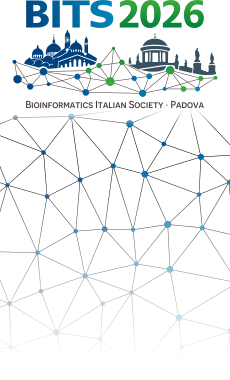Pancreatic ductal adenocarcinoma (PDAC) is predicted to become the major cause of cancer cell deaths in the western world by 2030. It is nearly always an incurable disease, with a median survival time after diagnosis of four months. The causes of this extremely aggressive behavior are both the advanced stage of the disease at diagnosis and the peculiar biological properties of this tumor type, notably the co-occurrence within the same tumor of completely different and morphologically identifiable components: well-differentiated (low-grade) epithelial structures and nests of poorly differentiated (high-grade) quasi-mesenchymal tumor cells, whose coexistence reflects distinct underlying gene regulatory networks and transcriptional outputs.
The transcriptional programs enforcing differentiation (or its loss thereof) are hardwired in the different genetic makeup of the highly heterogeneous tumor cells present in each individual PDAC. Moreover, large scale genomic analyses indicate that PDAC intra-tumor heterogeneity may be generated at very early stages of tumorigenesis by a rapid series of catastrophic mitotic errors, rather than being the result of gradually accumulated mutational changes.
This project is the continuation of a long-term research effort motivated by the assumption that the extreme heterogeneity of human PDACs is a critical determinant of the peculiar clinical properties (and specifically the resistance to therapy) of these tumors, and whose overall aim is to obtain a molecular characterization and mechanistic understanding of the transcriptional bases of cellular variability, eventually leading to the identification of novel mechanism-aware therapeutic options
Computational Postdoc position at the IEO to study Pancreatic cancer heterogeneity
Location
IEO (European Institute of Oncology) – IFOM-IEO Campus, Milano
Referent
Gioacchino Natoli
Deadline for application
28/02/2020
Contact




